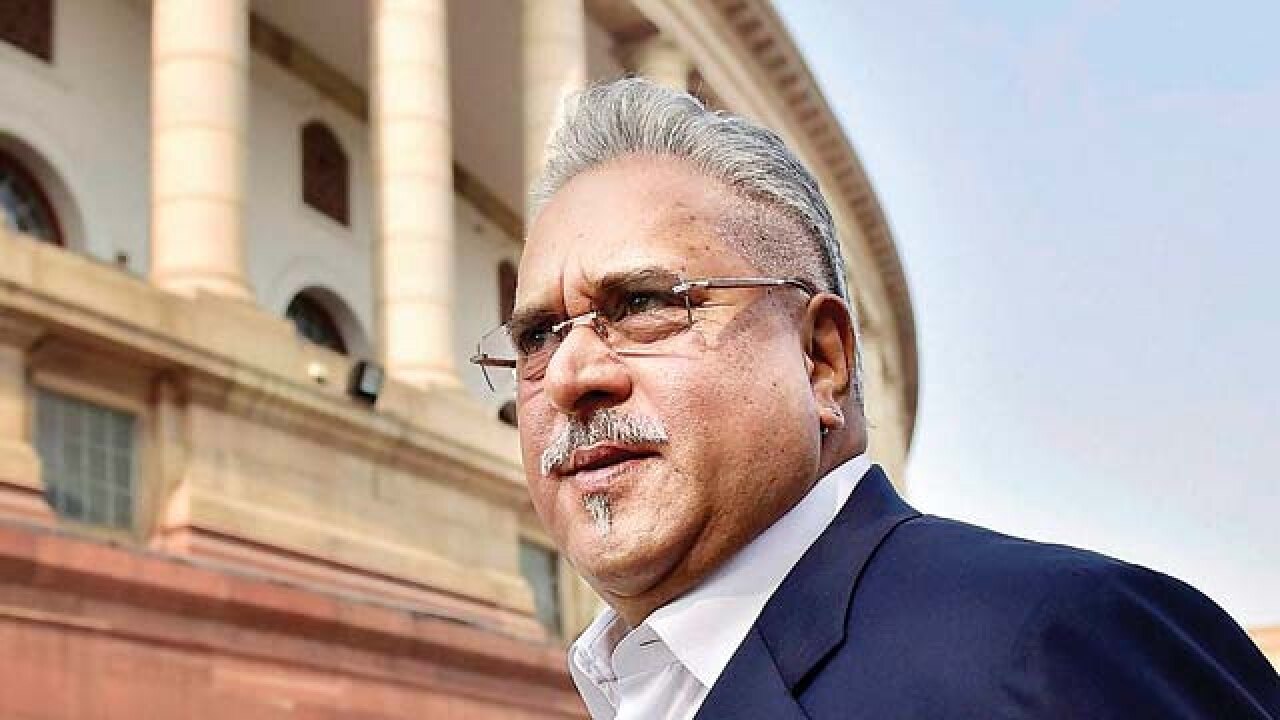
Vijay Mallya’s arrest in London, as part of extradition proceedings initiated by the Government of India, is not to be seen in isolation, but as part of a multi-pronged effort by the government to tackle black money, bad loans, and nefarious corporate practices. Mallya fled from India in March 2016, just as lenders and investigators were closing in on him. The escape staged by Mallya, who owes Rs 8,191 crore to a consortium of banks led by the State Bank of India, after his vanity project Kingfisher Airlines was knocked out of business, was viewed as a setback in the crackdown on big loan defaulters. However, the government agencies and regulators were not deterred and have spent the larger part of the past 12 months patiently building their case against Mallya.
As a result, Mallya is facing a CBI charge sheet for allegedly diverting a loan given for buying aircraft parts by IDBI Bank, which was doled out in violation of RBI rules, outside the country.
The Enforcement Directorate is pursuing money laundering charges against Mallya and attached his properties and assets worth Rs 4,234 crore last September. Two weeks ago, stock market regulator SEBI barred Mallya from the securities market for alleged violations of the listing agreement, diversion of funds and fraud. Simultaneously, two courts have also issued non-bailable warrants that were a precursor to the Government of India approaching the UK Secretary of State with a formal extradition request, which was certified and sent to the Westminster Magistrate Court whose warrant led to Mallya being arrested.
With Mallya getting bail, India must now prepare for a long-drawn out appellate process in the UK courts. Beyond Mallya, it is important to take note of the larger governmental effort to change the way India does business and engages in financial transactions. Ever since the demonetization announcement in early November, the government has gone on an overdrive against corruption that has virtually stunned the country.
The surrender of demonetized currency to banks has allowed the Income Tax department to send notices to 18 lakh tax payers to explain the large deposits in their accounts which do not tally with their tax returns. The Enforcement Directorate has raided locations in over 16 states to unearth 300 shell companies that were involved in laundering money during the window to deposit demonetized notes.
More importantly, the perception that politicians can get away with corruption is being busted. The criminal case against AIADMK leader TTV Dinakaran for allegedly attempting to bribe the Election Commission, the ED notice to Congress leader Karthi Chidambaram for foreign exchange violations, the regular cases filed by the CBI against Trinamool Congress leaders in the Narada sting, and the searches on the premises of associates of Robert Vadra are a heartening departure from the status quo.
While it is tempting to lob the oft-quoted charge that the agencies are “caged parrots” in the hands of the government, the question to be asked is why the former UPA government shied away from probing politicians in the same manner. Rather, the UPA seemed more keen on soft-peddling cases until the Supreme Court intervened. The challenge before the Modi government is larger than Mallya. It must go after all the big loan defaulters and bring them all to justice.